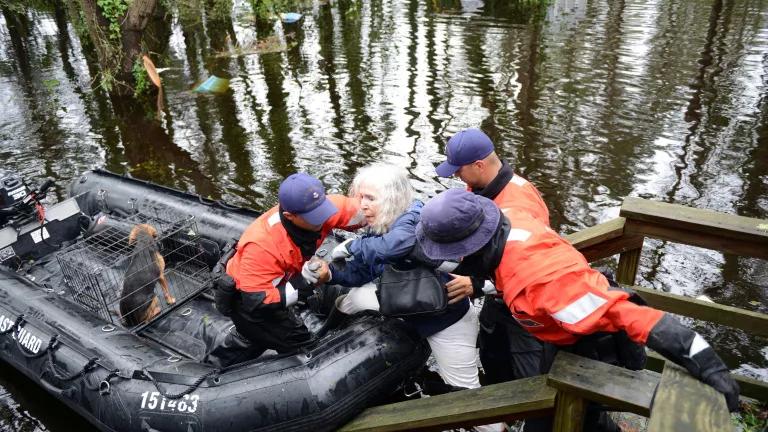When Congress comes back from its “recess” the major issues on their plate will be taxes and spending. Without further action, i.e. Congress doing nothing, the Bush tax cuts for all Americans ends on December 31, 2012. On January 2, 2013, the failure of the budget “Supercommittee” will automatically require the Defense Department and domestic agencies, such as the Environmental Protection Agency, to take an immediate 8.2% cut for the fiscal year that already started on October 1, 2012.
The environmental and conservation communities have published an initial memorandum on the impacts of the additional cuts that you can read here. Throughout the country, impacts of these cuts are breaking into the press such as this piece from the Seattle Times. My colleague Jon Devine has blogged on the clear impact of additional cuts to local communities that will slow down drinking water and sewer infrastructure improvements.
Since 2010 almost all the deficit reduction has come out of nondefense domestic discretionary spending, which is already at its lowest level in decades. For years now, the allocation for environmental programs has been insufficient to allow popular and effective programs and agencies to keep up with even basic costs and needs. Any new deal needs to recognize the cuts already suffered by the domestic discretionary programs.
A deal will require revenues that are now at a historic low as a percentage of economic activity. Some of the revenue should come from tax subsidies that hurt the environment, such as tax-favored treatment of dirty fuels such as oil and gas.
These issues need a more thorough discussion now as when Congress returns in November.


